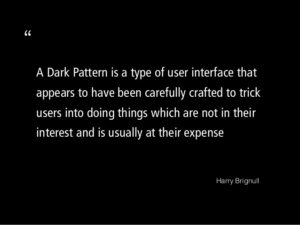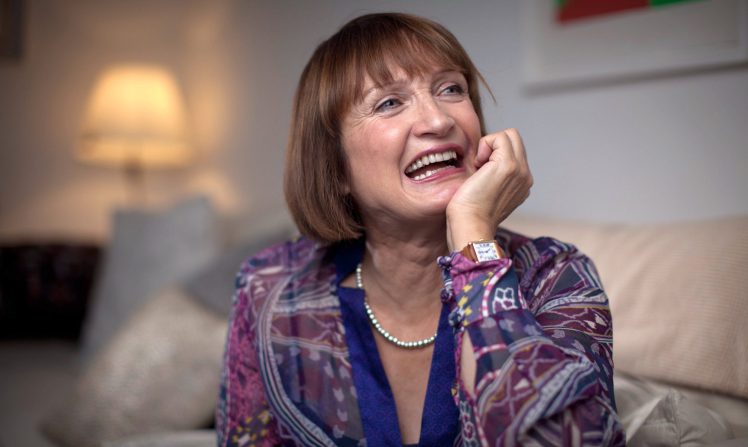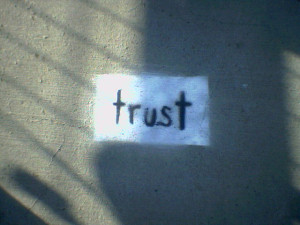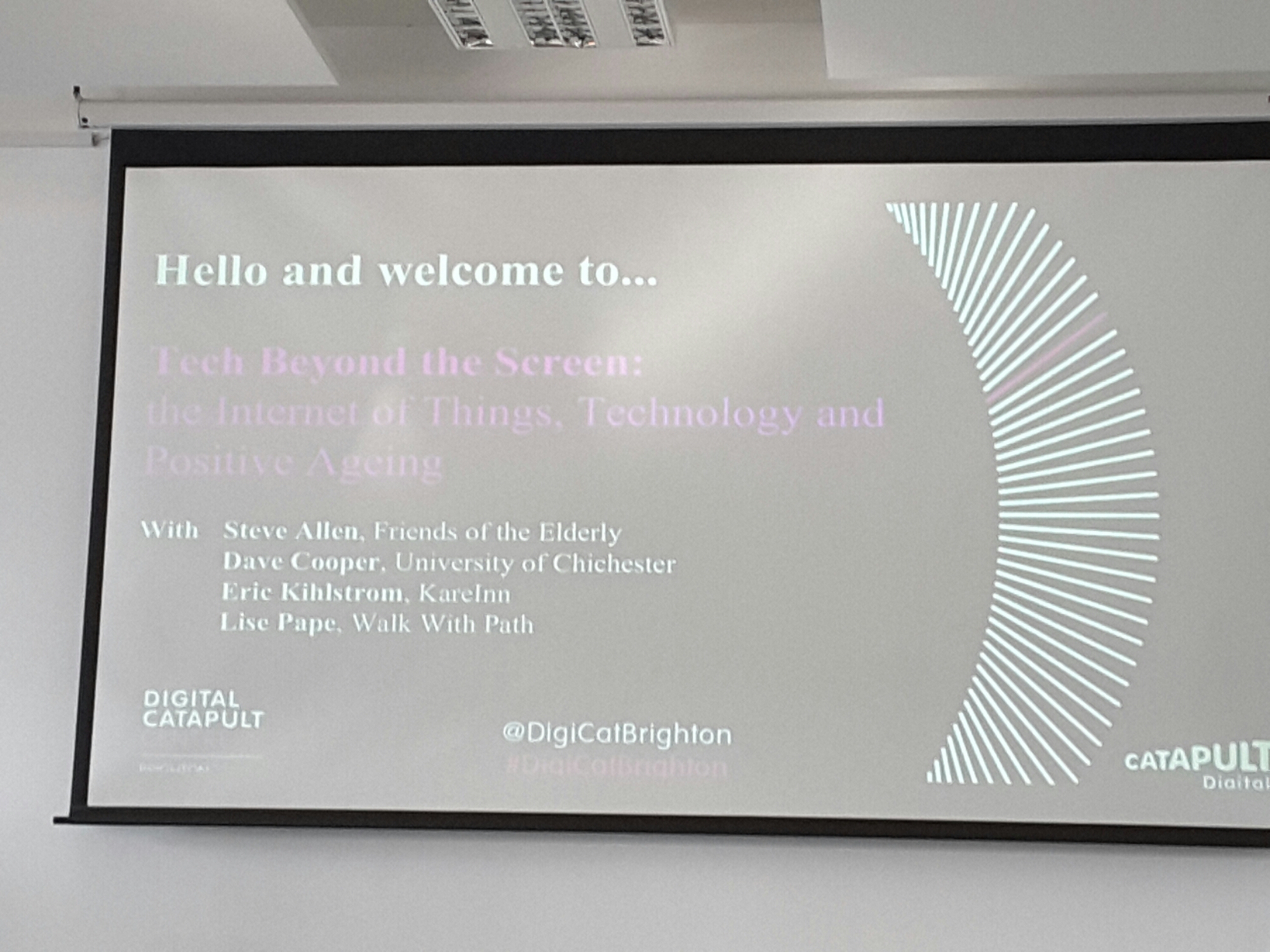 Ever heard of “dark patterns”? The term was coined – as you can see from the photo above – by Harry Brignull and is used to describe ‘naughty things’ companies do to try and trick you into doing something you don’t necessarily want to.
Ever heard of “dark patterns”? The term was coined – as you can see from the photo above – by Harry Brignull and is used to describe ‘naughty things’ companies do to try and trick you into doing something you don’t necessarily want to.
As companies try ever harder to make money and get more out of people, these dark patterns are becoming ever more common.
So where’s the link to charity, I hear you cry? Well, last night I spotted this tweet:
Interesting dark pattern from @TheChilliPickle restaurant, sneaking a £1 charity donation onto the bill without asking #darkpattern pic.twitter.com/iNH9Pky81i
— Andy Budd (@andybudd) October 13, 2016
The crux of the issue is that a £1 discretionary donation was added to the final bill by default, thus making it less likely that it would be removed.
The restaurant concerned – a very good Indian one in Brighton – was very contrite, but rightly pointed out that the £1 charity discretion was clearly advertised and would have been happily removed.
The tweeter – for their own part – asserted that it wasn’t the amount, but the unethical and way it’s added to the bill.
So let’s pit the two arguments against each other.
The ethical customer view
On the customer side, it can be viewed as an underhand method of adding extra amounts to a bill – charitable or not.
In the world of dark patterns, it’s a manipulative move. To make something a ‘default’ option automatically removes control from the consumer.
Consider the fact you have to consciously uncheck the McAfee option when downloading some software to your computer, meaning you’re bundled often-unnecessary, anti-virus programs that are quite intrusive once installed.
Back to the restaurant example and the customer also has no choice about which charity to give the money to, and may legitimately not want to spend that extra £1 – no matter how small it may seem.
They may also feel that they already contribute enough to charity or have a personal feeling about the relevant charity.
All in all, not great.
The ‘charity’/restaurant view
In this case, knowing the restaurant, I don’t doubt that they think they have given enough notification and awareness of the donation.
There will have been cards on the table and probably on the menu as well. It won’t have been a ‘stealth’ manoeuvre, which is what original “dark patterns” were originally trying to highlight.
The restaurant also won’t have thought it’s a big deal. On a bill of £60+, a donation of £1 is fairly small beer. In reality, perhaps they should be more concerned with the default 10% service charge.
As ‘default’ options go, it’s also a fairly good one. The customer is giving to charity and in some small way will help those in much greater need, where £1 will go a long way.
Raising money is a more difficult venture than ever for charities. Rather than having to spend unnecessary amounts on advertising and marketing, this is a much easier and labour-intensive way of getting people to donate money.
So where do you stand?
As a Brightonian myself, I’m not surprised that this has arisen from a more liberally-aware part of the populus.
In fact, if you did the same thing in other parts of the country, I imagine barely one hair in the proverbial eyebrows would be raised.
In an era when the power of large corporations (especially digital ones) is constantly growing, protecting ethics and personal choice is more important than ever.
Equally – as a charity worker myself – I recognise the difficulties in trying to raise money in an ever-crowded market and, for me, this is a pretty inoffensive way of doing so.
I’m torn. How about you?





